Barry and Adam wrote and published the book “Guided Retirement Income Planning” in November 2020 to create higher levels of financial literacy and to show a comprehensive and logical process for executing income planning in retirement. Since we believe that this subject matter is so important and relevant, we are going to roll out one chapter each month. While our approach and philosophy will remain consistent in every economic cycle, customization for each household will vary. We want to emphasize that some of you are not close to retirement and it is never too early to plan. You may also have loved ones, friends, or colleagues that are in need of help. We would be pleased to send them a complimentary copy of our book. We simply hope to help as many people as possible. As we present these chapters, we invite you to circle back to us with any questions or concerns about the content and how it relates to you.
Please enjoy Chapter 8 below!
Regards,
Your Partners at MGFS
CHAPTER 8 EVALUATE YOUR CURRENT SITUATION – SOURCES OF INCOME (STEP 2-B)
“Just the facts ma’am.” (Fictional character Joe Friday in Dragnet)
It is necessary to identify all of your potential sources of retirement
income in the planning process. The available sources of income and how
you use them will form your retirement income plan. Here is a checklist of
questions to consider.
- What are your sources of reliable income?
- Are all the sources of your income reliable?
- How much income will you generate safely?
- Do any of your income sources provide inflation protection?
- Does your portfolio afford you flexibility in how you take
- distributions?
- Are any of your investment assets illiquid?
- Have you claimed social security benefits? Do you know when it is optimal to take your social security benefits?
- Do you have a defined benefit pension plan and, if so, do you
- understand the distribution options?
- If you are receiving defined benefit pension plan benefits, how are
- you protected from the impact of inflation? What are your survivor
- benefits?
- Do you have business investments or real estate that will convert into
- installment sales?
- Do you have executive compensation benefits, vested employee
- stock options or grants?
- How much are your tax qualified and non-qualified accounts valued,
- including CDs, checking, savings and money market accounts?
- Do you have annuities? If so, what are your projected income
- payments?
- Do you have rental income from real estate investments? How do
you intend to manage your real estate in retirement? - you intend to manage your real estate in retirement?
- Do you have any cash value life insurance policies? If so, what are
- the death benefits and cash values?
- When were they last reviewed
- for your current and future needs?
- Do you have any health savings accounts (HSAs) available to help
- cover medical expenses or to supplement retirement income?
- Do you plan to sell personal property or collectibles for liquidity or
- retirement income?
There are other items that you should factor in as potential sources of
income. These include the estimated fair market value of your home or
vacation property less any outstanding mortgages, residual earnings from
work, and income from part-time work. Anticipated future inheritances can
be noted but unless they are imminent and certain, these should not be
included as a source of income.
Once you have accounted for all these assets and income sources, you
will be able to calculate preliminary income. It is important to protect and
manage all these assets carefully.
Be Aware – Higher levels of modified adjusted gross income can have an
impact on both Medicare Part B (medical insurance) and Medicare Part D
(prescription benefits) premiums. In some instances, managing your
income to stay below these thresholds can make sense and be a
significant cost-saving strategy.
Regarding social security claiming strategies, statistically more people
claim a reduced social security benefit at age 62 than they do at either full
retirement age or waiting to age 70. Those who view social security as an
entitlement or salary continuation program generally tend to claim social
security at an earlier age. Those who look at social security as insurance
or longevity protection tend to claim at a later age. When to claim social
security should be an integral part of your retirement plan as a source of
income and the decision-making process should be deliberate and
coordinated. Please read Chapter 15 for a more in-depth dive into Social
Security.
The Lighter Side of Life from Steve Martin
- I thought yesterday was the first day of the rest of my life but it turns out today is.
- A day without sunshine is like, you know, night.




